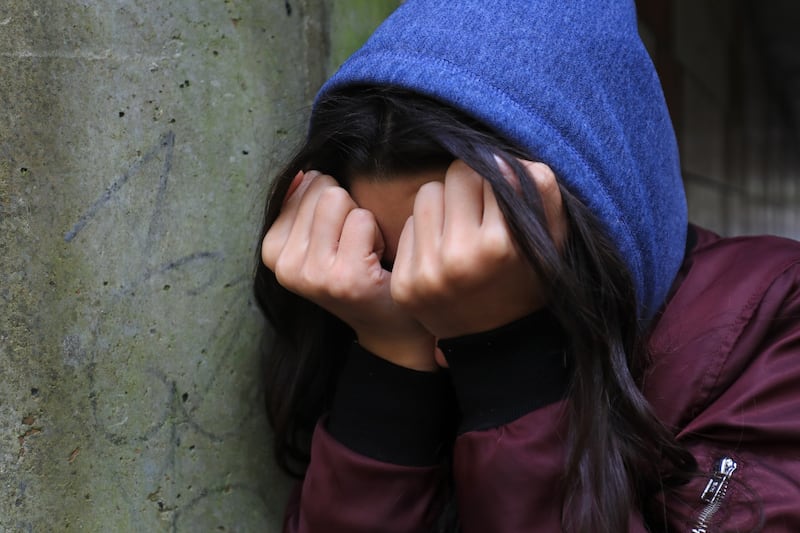The offer to Ukrainians arriving in Ireland is to be limited from Thursday the Government said as it confirmed the locations of five new accommodation centres.
Under the revised plan, Ukrainian refugees will be housed at Designated Accommodation Centres for up to 90 days and be provided with food, laundry and integration support during this time.
They will be paid a 38.80 euro subsistence allowance per week and an additional 29.80 euro per child.
Arrivals had been entitled to a jobseeker’s allowance of 220 euro per week and unlimited time in State accommodation.
Ukrainians who have arrived in Ireland before Thursday will still be entitled to this.
The Department said the locations of five of the six centres are: Ballyogan Road in Dublin City, which can house 392 people; Stradbally in Co Laois, where 950 can be housed; Fernbank in Limerick City for 250 people; Punchestown in Co Kildare where 378 can be housed; and Gerald Griffin Street in Cork City for housing 107 people.
Ministers have said that the change of policy was being made in order to bring Ireland’s provision for Ukrainians in line with other EU countries.
More than 100,000 Ukrainians have arrived in Ireland since the Russian invasion of Ukraine began in February 2022, with around 75,000 living in state accommodation and some 57,000 in fully serviced accommodation.
As the Irish Government continues to attempt to close the gap between housing supply and demand, it has taken a number of measures to house Ukrainians.
Most Ukrainians have been housed in serviced accommodation such as hotels and B&Bs, paid for by the State, while others are in modular homes and refurbished State buildings.
A further 14,000, or almost 20% of all Ukrainians in Ireland, are in spare rooms or homes provided through the Irish Red Cross or in holiday homes or other accommodation pledged through the Offer A Home scheme run by local authorities.
Those who house Ukrainian refugees are entitled to an 800-euro tax-free payment, which does not affect other welfare rates.
Despite the measures, housing in Ireland remains under pressure, forcing asylum seekers to sleep on Dublin’s street.
According to figures published by the Department of Integration, there are 1,260 people who have applied for international protection in Ireland who are still waiting for an offer of accommodation.
The shortage of accommodation has resulted in dozens of asylum seekers setting up tents outside the International Protection Office in Mount Street where they have slept in rain and snow.
Social Democrats TD Jennifer Whitmore said this was a “shameful reminder” of the Government’s failure on immigration policy.
“For the hundreds of asylum seekers forced to live in such appalling conditions, this is no longer just a humanitarian crisis, it is becoming a serious public health risk.
“Lack of sanitation and running water has resulted in health problems for some international protection applicants, with growing cases of skin and respiratory conditions reported.
“I have now written to Minister Roderic O’Gorman, urging him to outline what his department’s response will be to this unfolding humanitarian crisis – a crisis that appears to be the result of deliberate Government policy to discourage refugees from coming to Ireland.”
Minister for Integration Mr O’Gorman said last month that there had been a decrease in the number of Ukrainians arriving in Ireland since the coalition announced the change for Ukrainians, which he expected would continue to fall.
He said he plans to bring a proposal to Cabinet in the coming weeks on Ireland’s long-term strategy in the face of increasing global uncertainty and an increase in arrivals.
There was a 415% increase in the number of asylum applications in Ireland in 2022 compared with 2021, and a 186% increase on 2019.






